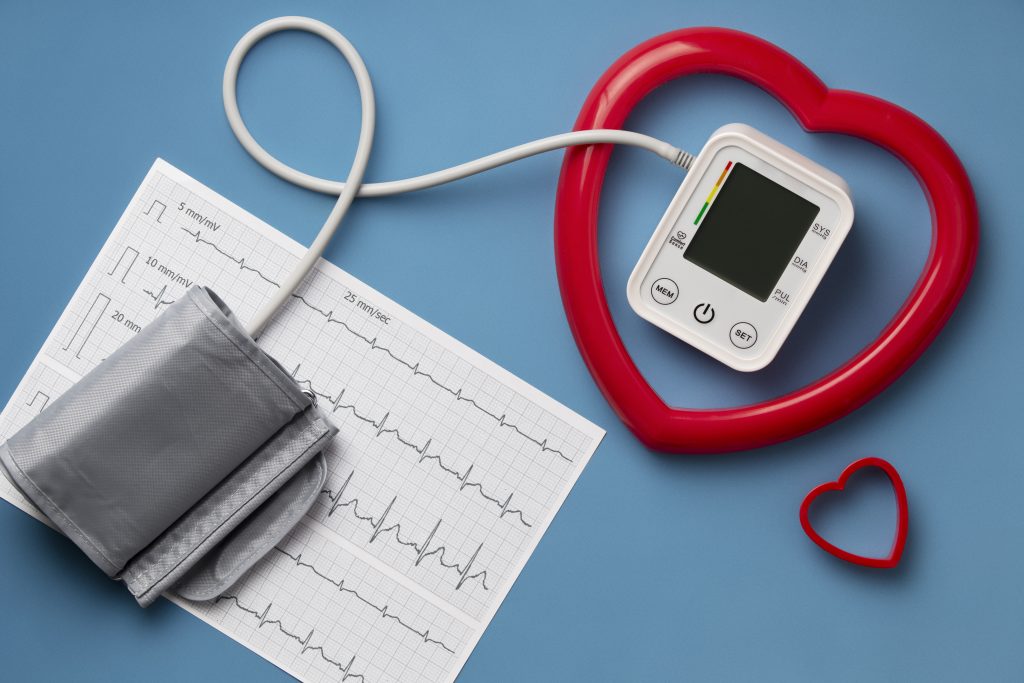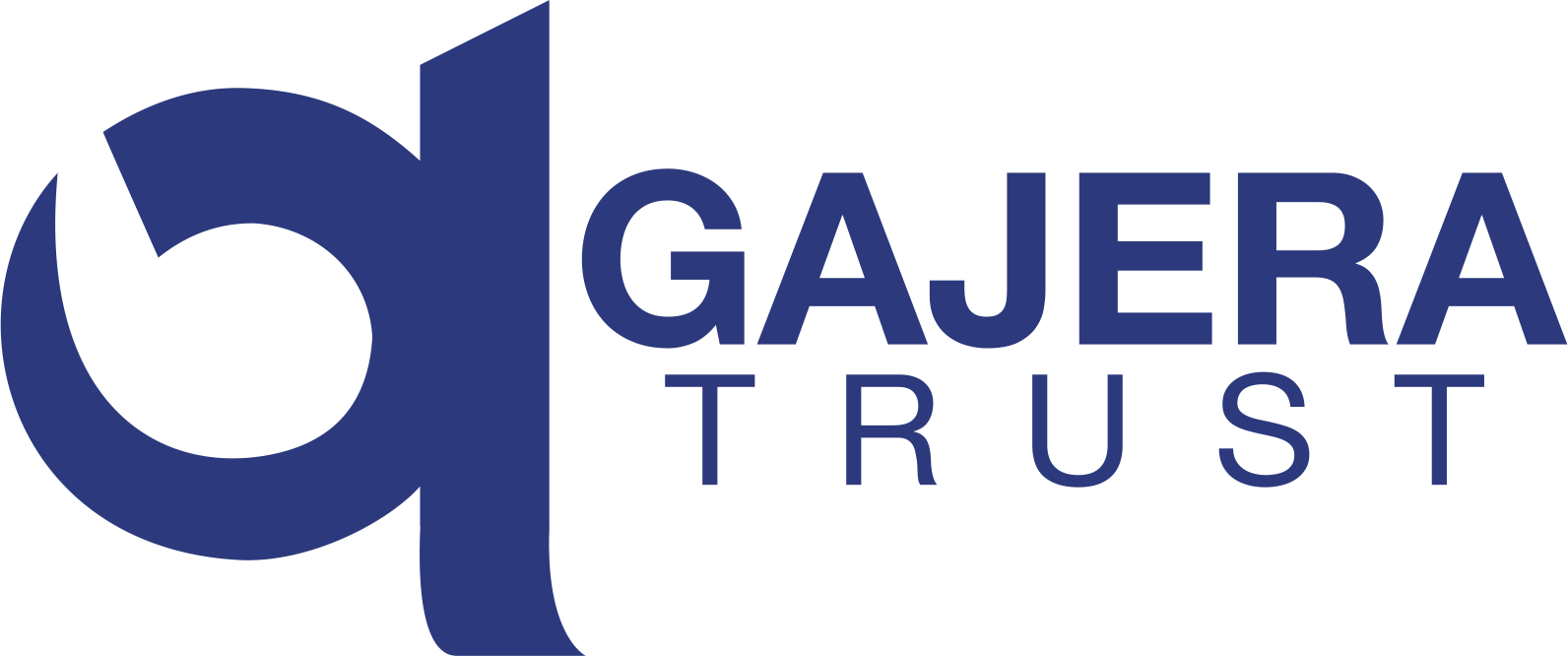- Have any questions?
- (+91) 02792 230240
- info@smcgh.edu.in

Allergies and summer care for your health
May 4, 2024
SMCGH’s experience with schizophrenia
June 19, 2024As we mark World Hypertension Day, it’s crucial to raise awareness about this silent yet significant health concern affecting millions worldwide. Hypertension, or high blood pressure, often goes unnoticed until it leads to serious complications such as heart disease, stroke, or kidney failure.
What SMCGH means by “Take care in the right way” is to express the importance of understanding hypertension management strategies tailored to individual needs. In this blog, we will explore essential insights and practical tips to empower you to prioritise your health and adopt effective measures for blood pressure control.

Causes, Symptoms, and Risk Factors of Hypertension
Hypertension, or high blood pressure, is a prevalent medical condition characterised by elevated pressure within the arteries. Understanding its causes, symptoms, and risk factors is crucial for its early detection and effective management.
While the exact cause of hypertension may vary among individuals, common contributing factors include unhealthy lifestyle habits such as poor diet, lack of physical activity, excessive alcohol consumption, and smoking
Additionally, genetic predisposition, age, ethnicity, and underlying medical conditions such as obesity, diabetes, and kidney disease can also increase the risk of developing hypertension.
Recognising the symptoms of hypertension is challenging as it often presents silently without noticeable signs. However, some individuals may experience symptoms such as headaches, dizziness, blurred vision, chest pain, or shortness of breath.
Nevertheless, relying solely on symptoms can be misleading, as hypertension can remain asymptomatic for years while silently damaging the body’s organs. Therefore, regular blood pressure monitoring is essential, especially for individuals with risk factors or a family history of hypertension, to enable early detection and intervention.

Lifestyle Modifications for Hypertension Management
Lifestyle modifications play an important role in managing hypertension and reducing the risk of cardiovascular complications. One of the cornerstone lifestyle changes is adopting a heart-healthy diet rich in fruits, vegetables, whole grains, and lean proteins while limiting sodium, saturated fats, and added sugars.
The Dietary Approaches to Stop Hypertension (DASH) diet, in particular, emphasises the consumption of nutrient-dense foods that can help lower blood pressure. Additionally, maintaining a healthy weight through regular physical activity is essential for blood pressure control.
Aim for at least 150 minutes of moderate-intensity exercise per week, such as brisk walking, swimming, or cycling, to promote cardiovascular fitness and lower blood pressure levels.
Moreover, managing stress through relaxation techniques such as meditation, deep breathing exercises, or yoga can help reduce blood pressure and improve overall well-being. Chronic stress can elevate blood pressure levels and contribute to hypertension, so finding healthy coping mechanisms to manage stress is crucial.
Adequate sleep is also paramount for blood pressure regulation, as sleep deprivation can disrupt hormonal balance and lead to increased blood pressure. By prioritising lifestyle modifications such as a balanced diet, regular exercise, stress management, and sufficient sleep, individuals can take proactive steps towards hypertension management and promote long-term cardiovascular health.

Importance of Regular Monitoring for Hypertension
Regular monitoring of blood pressure is essential for hypertension, as it provides valuable insights into cardiovascular health and helps identify any risks or complications. Consistent tracking allows individuals to understand their blood pressure patterns over time, enabling them to make informed decisions regarding lifestyle modifications and treatment adjustments.
Moreover, regular monitoring empowers individuals to take proactive steps in managing hypertension, whether through dietary changes, exercise regimens, stress reduction techniques, or medication adherence. By staying vigilant and proactive, individuals with hypertension can effectively control their blood pressure levels and reduce the risk of long-term complications.
Furthermore, regular blood pressure monitoring is vital for early detection of any deviations from target levels, allowing for timely intervention and prevention of adverse health outcomes. Through routine monitoring, healthcare professionals can assess the effectiveness of treatment plans and make necessary adjustments to optimise blood pressure control.
Also, regular check-ups provide an opportunity for healthcare providers to offer guidance, support, and education to individuals with hypertension, empowering them to take charge of their health and well-being. Overall, prioritising regular blood pressure monitoring is a cornerstone of hypertension management, offering individuals the opportunity to lead healthier and longer lives.




